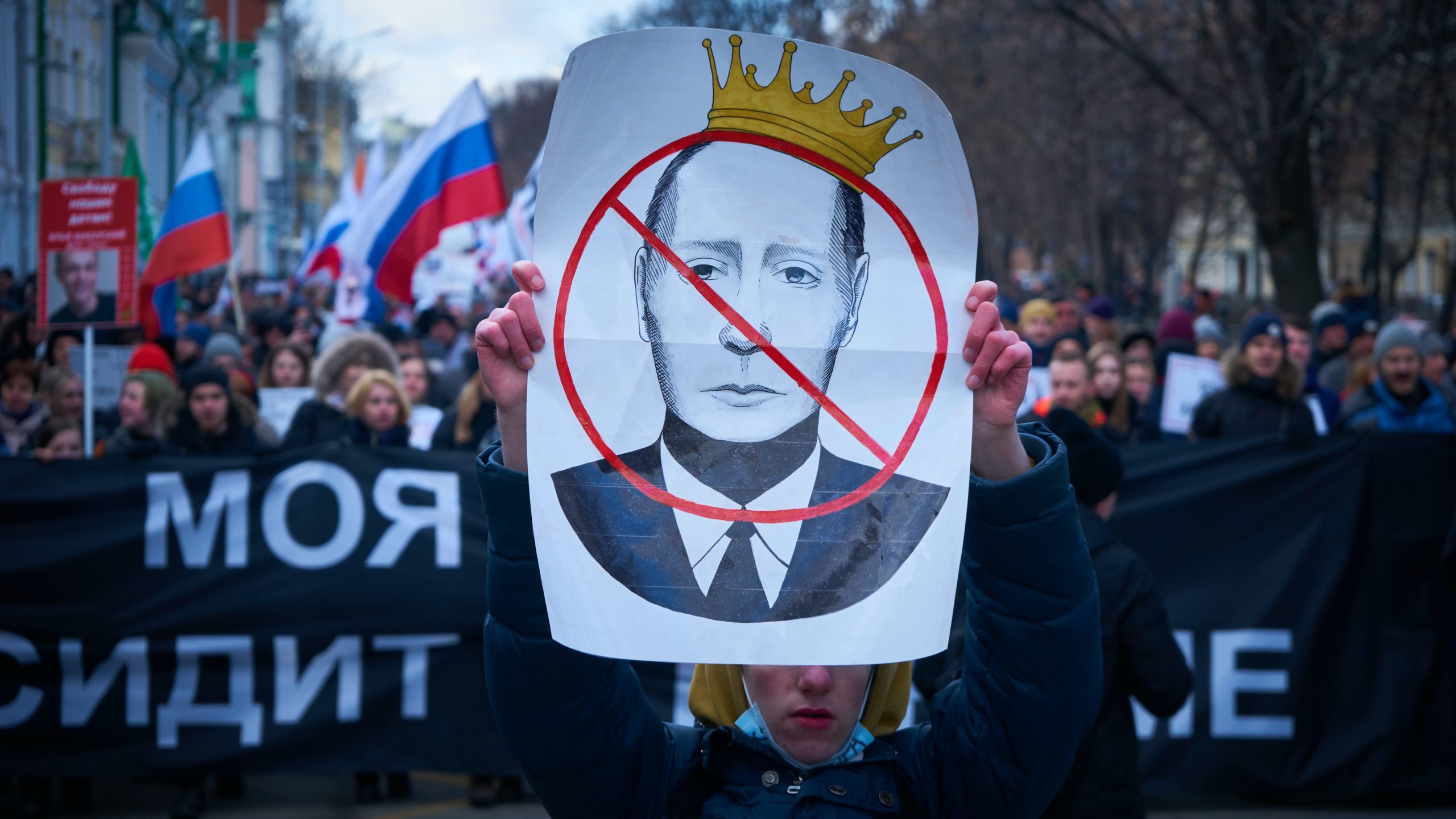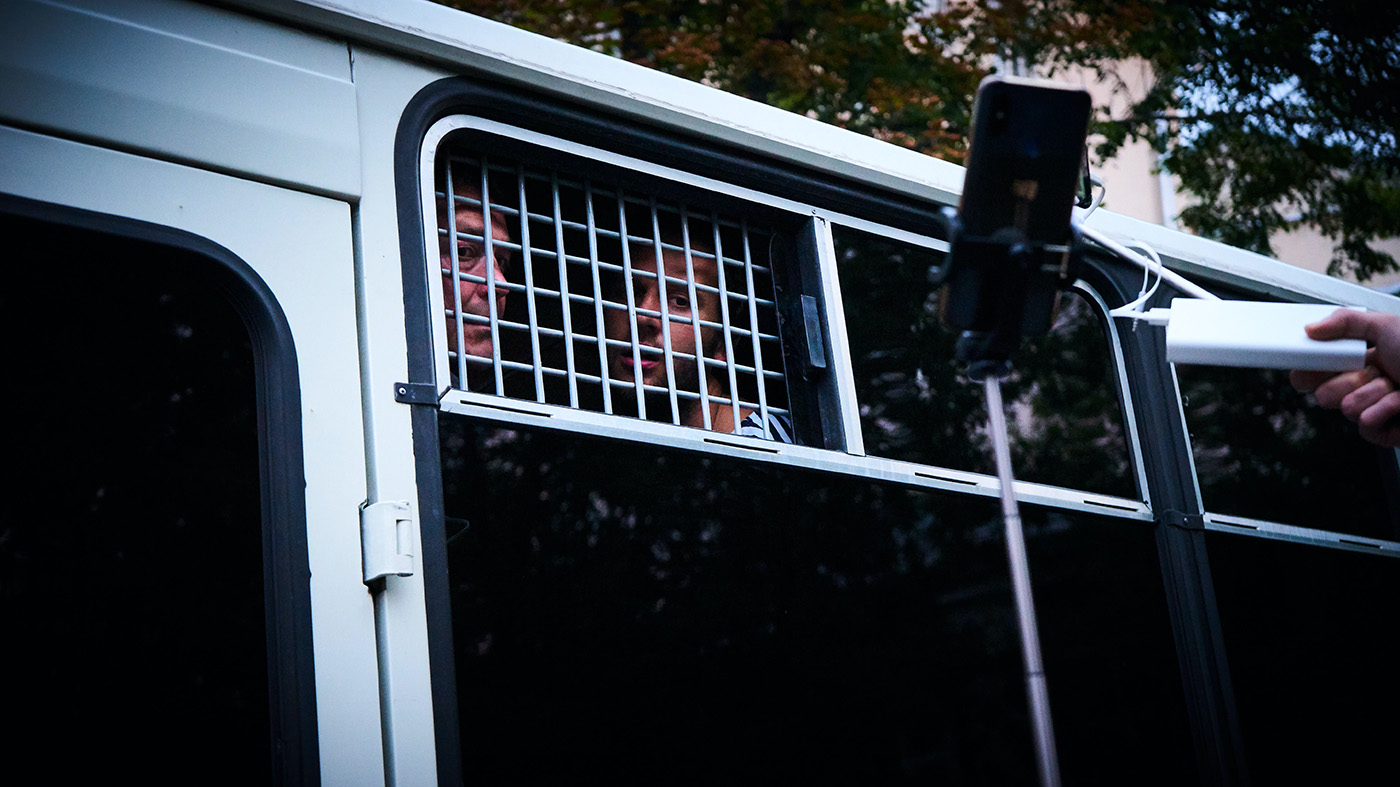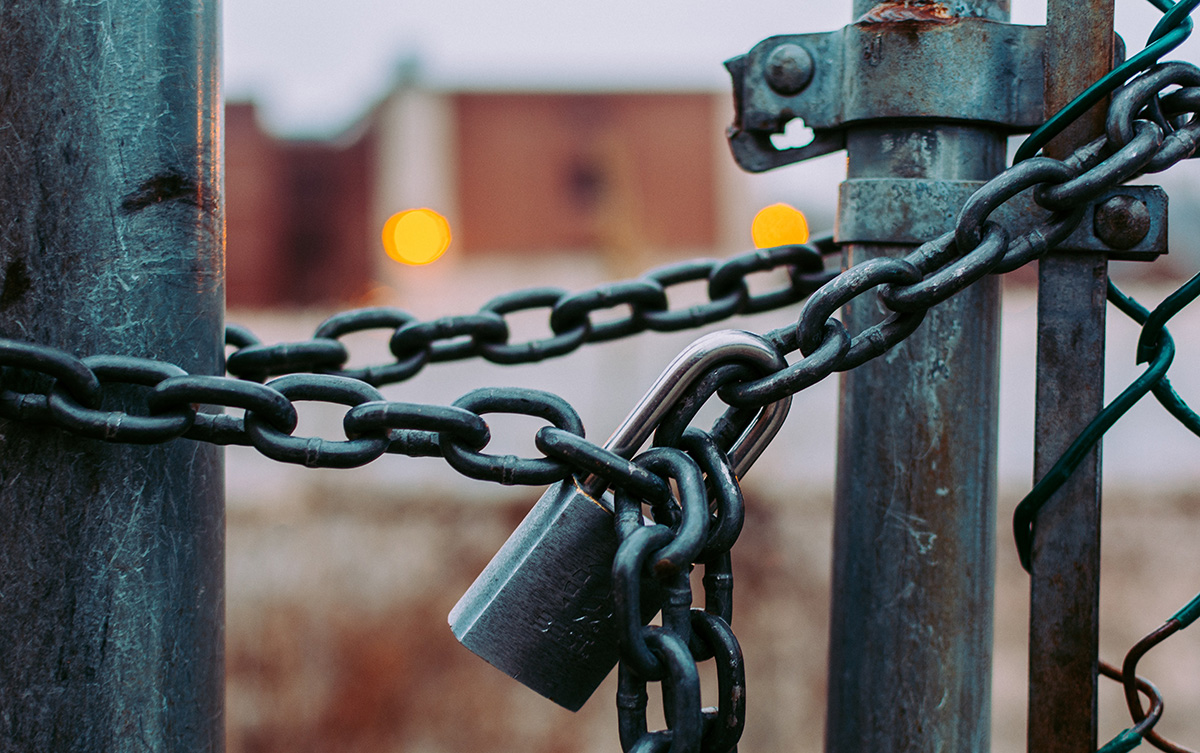The Arrest of One Governor and the True Worth of Putin’s Ratings
By Fedor Krasheninnikov April 01, 2021

By Fedor Krasheninnikov April 01, 2021

According to official Central Election Commission data, in September 2020, Ivan Belozertsev, member of the United Russia party nominated by Putin, won an amazing 78.8 percent of the vote in the first round of the gubernatorial election in Penza Oblast. The results of the election were certified despite the fact that many pro-opposition observers voiced their skepticism about their veracity. Belozertsev occupied the gubernatorial chair until he was arrested in March 2021 on bribe-taking charges and dismissed by the president’s decree.
Despite Belozertsev’s recent electoral triumph and seeming resulting popularity, not one rally in support of the governor has been held. Moreover, no one has even tried to organize one.
Of course, it’s possible one could say that Belozertsev’s voters were completely disappointed in him after learning about the charges. This version, however, is rather questionable. Russian citizens have no trust in the law enforcement services, and there is overwhelming evidence to support this. For instance, the authorities’ official charges against Navalny did not convince his supporters that they were rallying around a criminal. There is an even more powerful example: the arrest and dismissal of Khabarovsk region’s governor Sergei Furgal provoked months-long protests across the region despite the fact that he was being accused of committing different crimes.
So why didn’t the residents of the Khabarovsk region believe the charges against Sergei Furgal and instead rallied and fought for him, while residents of the Penza region behaved the exact opposite? Also, if they suspected Belozertsev of dishonesty, why did they actively vote for him only six months earlier?
The answer is simple. Sergei Furgal is a rare exception to the rule according to which the entire Russian system of government operates. He won as an opposition candidate in a tough struggle against a candidate who was supported by Putin and the entire federal government. This means that all the votes he received had been casted consciously.
Belozertsev’s case is rather typical for today’s Russia though. A former member of the Communist Party of the Soviet Union and ex-military, Belozertsev went into politics under Putin when elections lost their competitive character. Someone so uncharismatic and with such a mediocre background could not obviously be elected to any key position even in the 1990s. However, in Putin’s Russia, it’s not about candidates like by voters who win elections but about those preferred by the authorities. The reason Ivan Belozertsev won his most recent election is not because he had the support of almost 80 percent of his region’s population but that his candidature had been approved by the presidential administration. As a result, he faced no real competition while all administrative resource mechanisms, including mobilization, manipulation, and sheer fraud worked in his favor. This was officially admitted, even though implicitly. Right after the governor’s arrest, the Investigative Committee of the Russian Federation initiated a case about election fraud at one of the polling places where Belozertsev had allegedly won 85 percent of the vote.
The population’s complete indifference with regard to governors’ dismissals despite the seemingly high support during elections is quite natural for Putin’s regime. Thus, former governor of Russia’s Komi Republic Vyacheslav Gaizer was arrested on bribery charges in September 2015, just one year after having received 78.97 percent of the vote thanks to the support of President Putin and the United Russia party. No rallies in his support were held in the Komi Republic following his arrest. In April 2017, Aleksandr Solovyov, the head of Russia’s Udmurtia Region, who had allegedly won the sensational 84.85 percent of the vote in the 2014 gubernatorial election, was removed from office and arrested which, again, did not provoke any support rallies or waves of public outrage across Udmurtia.
All this makes one doubt that the results of gubernatorial elections in Russia reflect the real sentiment of voters, and, naturally, makes one question the population’s support of the current Russian authorities’ policy based on official election results. The cases of Belozertsev, Solovyov, and Gaizer should be brought to mind every time there is talk about Vladimir Putin’s high approval rating, the population’s incredibly strong support of him or his new electoral victories. One should ask oneself whether these numbers actually mean anything and whether those millions of alleged supporters are willing to do anything for their leaders.
The political system built by Putin is not based on the population’s true support but rather on police violence, administrative resource and propaganda-enforced polling and voting results, the authenticity of which is more than questionable. In many respects, Putin copied the Soviet political system that had for many years appeared to be solid and supported by the majority of the population. However, when the Soviet regime collapsed in 1991, no one anywhere went out in the streets in its support. Millions of Communist party members, law enforcement operatives, state servants, and employees of the budget sector not only just passively watched the regime crumble but often welcomed the collapse themselves.
The arrest of Penza governor Ivan Belozertsev has once again demonstrated that in today’s Russia the percentage of the vote received by pro-regime candidates in the elections that they themselves hold has nothing to do with these people’s actual popularity. There is no reason to think that Vladimir Putin’s official approval rating or his election results are any more authentic than the former Penza governor’s questionable electoral achievements.
Even though this may seem incredible today, a day may very well come when Vladimir Putin’s removal from office will not provoke any indignation of the Russian population and his popularity will prove to be nothing but a propaganda myth and a result of election fraud and vote rigging on all levels.
Over the last several months, harassment of Russia’s political opposition has intensified, with legislative elections as a clear cause. Many people have erroneously believed that once the elections were over, the repressions would ease, if not entirely disappear.
By Fedor Krasheninnikov
October 11, 2021
 Article
Article
2021 saw widespread political repressions across Russia
By Anton Mikhalchuk
August 27, 2021
 Article
Article
On July 12, 2021, yet another amendment to the legislation on Undesirable NGOs entered into force in Russia. The changes mean that now anyone who works with an “undesirable” organization can be subject to administrative penalties
By Olga Gnezdilova
July 21, 2021

Over the last several months, harassment of Russia’s political opposition has intensified, with legislative elections as a clear cause. Many people have erroneously believed that once the elections were over, the repressions would ease, if not entirely disappear.
By Fedor Krasheninnikov
October 11, 2021
 Article
Article
2021 saw widespread political repressions across Russia
By Anton Mikhalchuk
August 27, 2021
 Article
Article
On July 12, 2021, yet another amendment to the legislation on Undesirable NGOs entered into force in Russia. The changes mean that now anyone who works with an “undesirable” organization can be subject to administrative penalties
By Olga Gnezdilova
July 21, 2021
